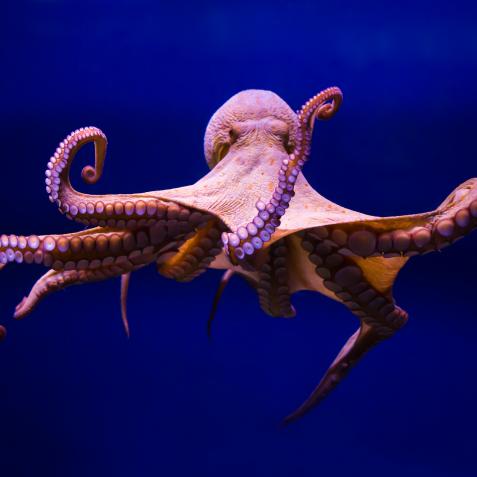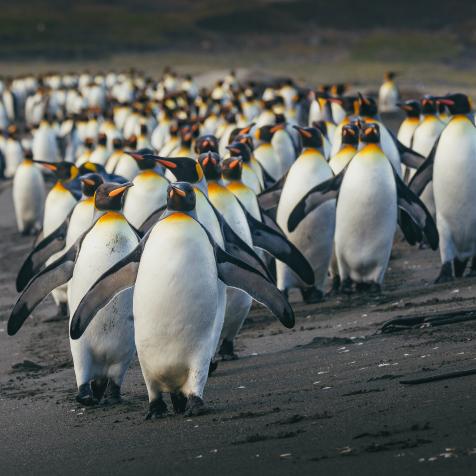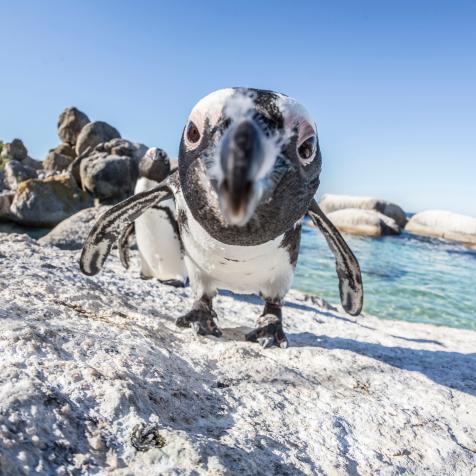
Mint Images
Watch Out! There's a New Ocean on the Block
A new ocean has been added to the list. The Southern Ocean becomes the fifth ocean to be officially recognized on the world map.
Can you name all four (I mean five) oceans in the world? Did you possibly forget the Southern Ocean? The fifth ocean was first recognized by the National Oceanic and Atmospheric Administration (NOAA) and given the name “Southern Ocean'' by the U.S. Boards on Geographic Names in 1999. However, recently on World Oceans Day, National Geographic announced the Southern Ocean would be the newest addition among recognized oceans on the map.
The Southern Ocean has been unofficially recognized by scientists for years now, making this new addition not so surprising. However, in 2000 the International Hydrographic Organization (IHO) rejected the idea and boundaries of this new ocean due to not all IHO members agreeing with these terms, according to WWLP. Without the full approval of the IHO, the Southern Ocean was unable to be recognized.

Monica Bertolazzi
The Southern Ocean is located around Antarctica.
The original four oceans include the Pacific, Atlantic, Indian, and Arctic oceans, all being separated from one another by large masses of land. However, unlike the other four oceans, the Southern Ocean is unique in what physically separates itself from the other four oceans. This new ocean is separated by the Antarctic Circumpolar Current, also known as the ACC, WWLP explains. The Antarctic Circumpolar Current is the strongest ocean current on the planet. With its powerful abilities to keep Antarctica’s temperature cool, this crucial and cold current moves west to east around Antarctica. Due to the water being colder and less salty, the current shifts in a way no other neighboring oceans can, providing Antarctica with its notorious freezing cold climate.

Dvougao
Vector illustration of the Southern Ocean.
In terms of size, the Southern Ocean has become the second smallest ocean, following the current placeholder-- the Arctic Ocean.
Inevitably, with the official recognition of a new world ocean comes restructuring geography curriculum and textbooks, altering new world maps, and further research on how the world’s five oceans impact the planet.


















